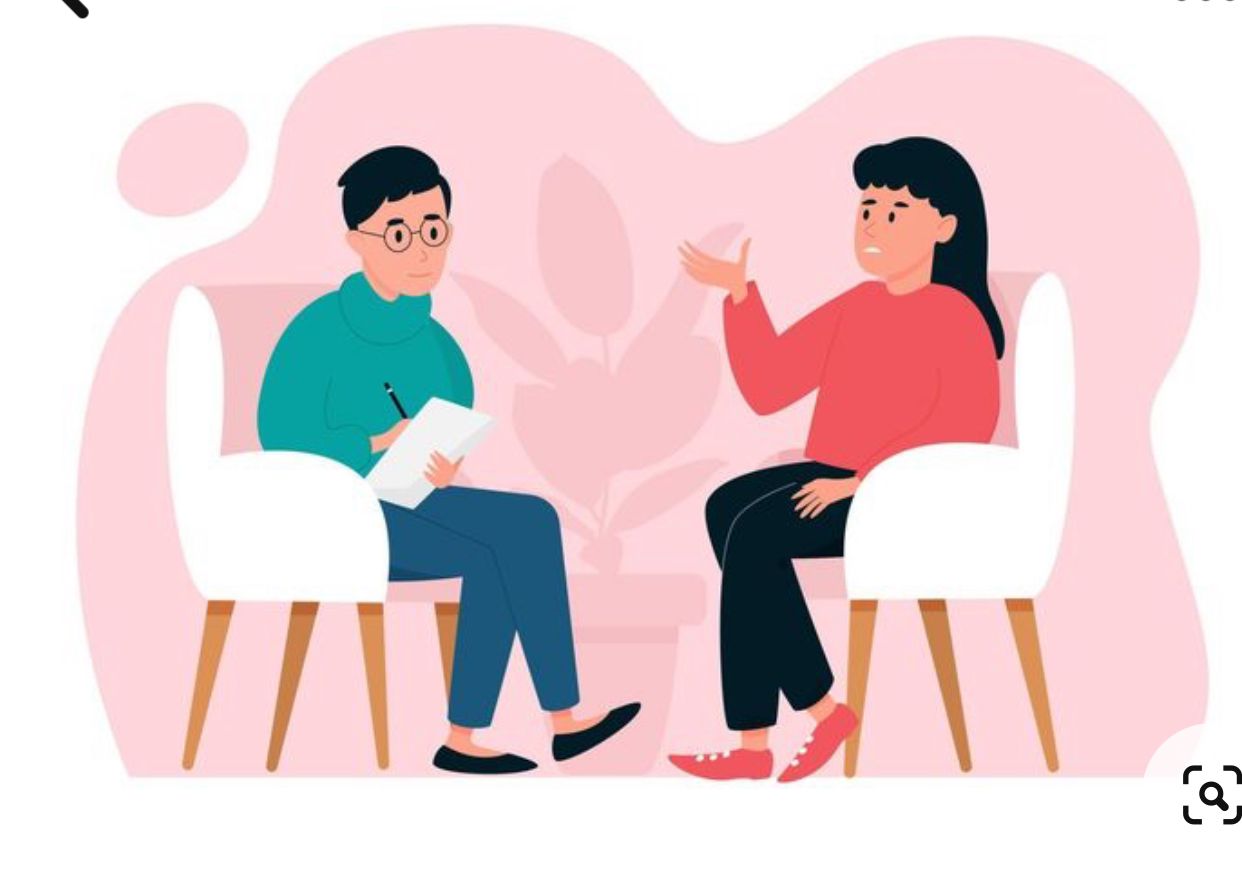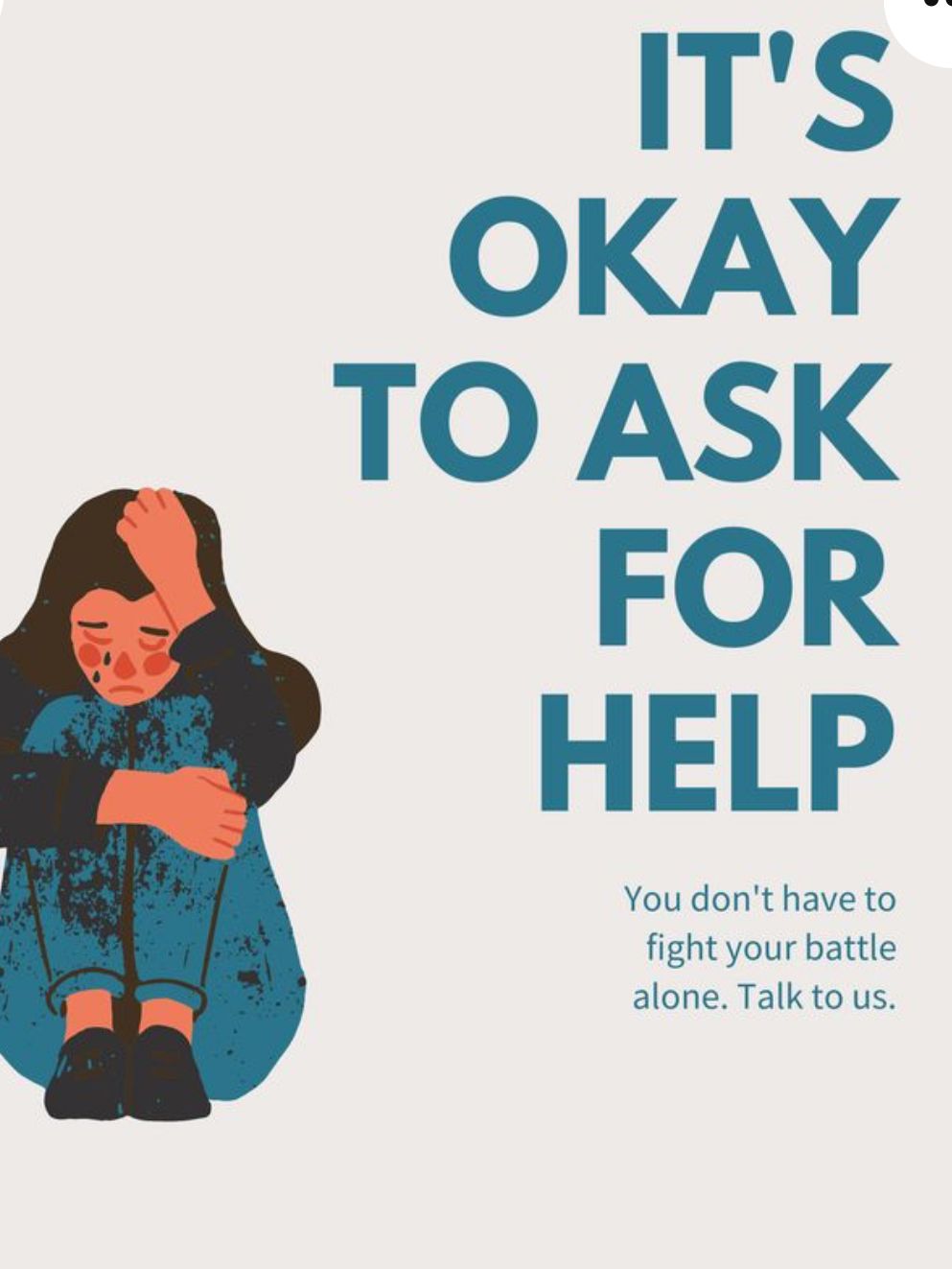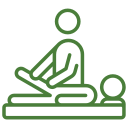PTSD
Contact us today for free advice
07876096232
Recognizing the Symptoms of Post-Traumatic Stress
PTSD can develop after events like accidents, disasters, assaults, or prolonged exposure to distressing situations.
Symptoms may emerge shortly after the incident or take months/years to surface.
It disrupts daily life with emotional, physical, and behavioral symptoms if left untreated.


Key Symptoms of PTSD
Re-experiencing/Intrusive Thoughts
- Flashbacks
- Nightmares
- Distressing thoughts or memories related to the traumatic event
Avoidance
- Avoiding reminders of the trauma, such as places, people, or activities
- Emotional numbing or detachment
Negative Changes in Mood and Cognition
- Feelings of hopelessness or helplessness
- Negative thoughts about oneself or others
- Memory problems related to the traumatic event
Altered Arousal and Reactivity
- Hyper-vigilance or an exaggerated startle response
- Irritability or anger outbursts
- Difficulty sleeping or concentrating


Diagnosis and Treatment of PTSD
If someone exhibits symptoms of PTSD for more than a month and they disrupt daily life, it’s essential to seek professional help. Diagnosis typically involves a thorough evaluation by a mental health professional.

Therapy
Cognitive-behavioral therapy (CBT), eye movement desensitization and reprocessing (EMDR), and other therapeutic approaches can be effective in managing and reducing symptoms.

Medications
Certain medications, such as antidepressants, may help alleviate symptoms of PTSD.

Support Groups
Joining a support group can provide a sense of community and shared experience, which can be beneficial for healing.

Self-Care Strategies
Mindfulness, exercise, and building a strong support network can aid in recovery.
If you or someone you know may be experiencing PTSD, reaching out to a mental health professional can be an important step toward healing and support. Remember, recovery is possible, and there is help available.
Key Symptoms of PTSD
PTSD symptoms can vary in severity and are typically classified into four main categories:
Re-experiencing/Intrusive Thoughts
Flashbacks that make individuals feel as though they are reliving the traumatic event.
Avoidance
Emotional detachment, leading to feelings of numbness or disconnection.
Negative Changes in Mood and Cognition
Negative beliefs about oneself, others, or the world.
Altered Arousal and Reactivity
Heightened sense of alertness (hyper-vigilance) or exaggerated startle responses.
